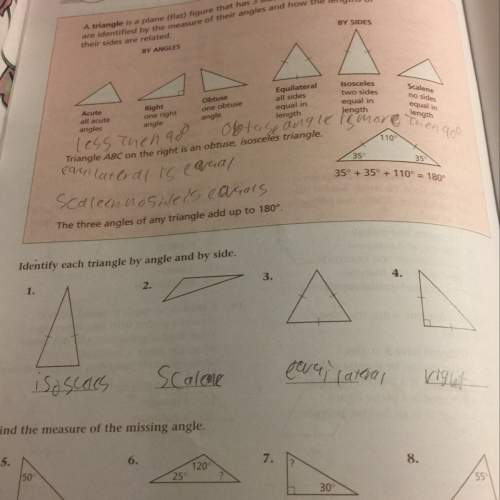
Mathematics, 08.12.2020 18:00 ayoismeisalex
If a taxpayer does not have enough taxes withdrawn from his paychecks throughout the year to equal the total tax he is required to pay that year, he will owe the government the remaining
balance. On the other hand, if the taxpayer has more money withheld for taxes than he is required to pay that year, he will receive a refund for the ofference
Mike has determined that, based on his annual income of $54,000, his federal income tax for the year is $8100. Mike gets paid on a bi-weekly basis, giving him 25 paychecks
throughout the 52 week year.
What is the minimum amount Mike must have withheld from each of his 26 bi-weekly paychecks in order to avoid owing the federal government at the end of the year?

Answers: 1
Another question on Mathematics

Mathematics, 21.06.2019 19:30
The length of a shadow of the building is 36m. the length of the pole, which is perpendicular to the ground, is 1.9m. the length of the pole's shadow is 1.52m. what is the height of the building?
Answers: 1



You know the right answer?
If a taxpayer does not have enough taxes withdrawn from his paychecks throughout the year to equal t...
Questions


Mathematics, 13.07.2019 06:00


Arts, 13.07.2019 06:00


Social Studies, 13.07.2019 06:00

Mathematics, 13.07.2019 06:00

History, 13.07.2019 06:00


Mathematics, 13.07.2019 06:00

History, 13.07.2019 06:00


Mathematics, 13.07.2019 06:00

Mathematics, 13.07.2019 06:00


Mathematics, 13.07.2019 06:00


English, 13.07.2019 06:00

Mathematics, 13.07.2019 06:00

Mathematics, 13.07.2019 06:00





